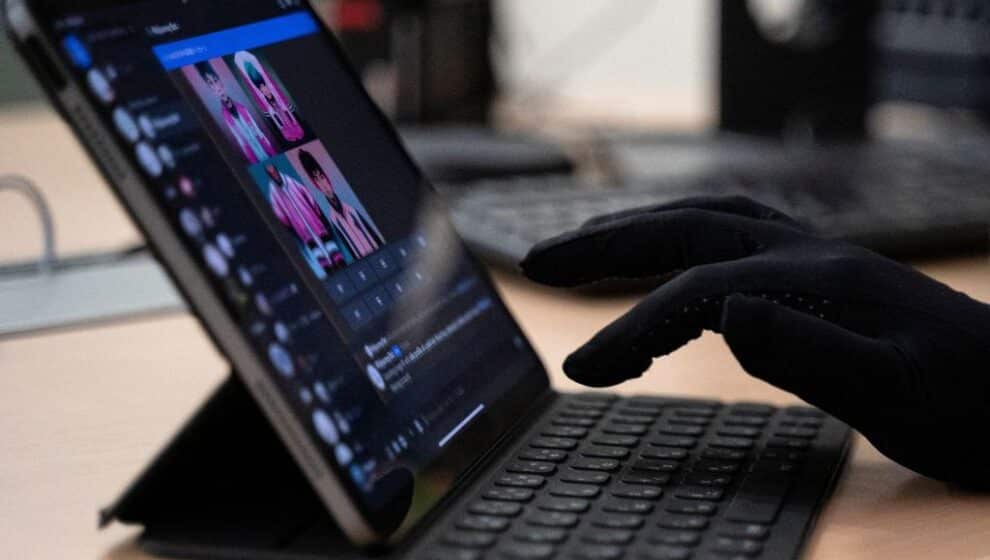The rise of artificial intelligence (AI) is creating questions about the limitations of art copyright and ownership.
Key Details
- Deep learning AIs that can generate images or text—like Midjourney, Dall-E, and ChatGPT—are a relatively new technology that raises new legal questions. Artists are currently facing legal and fan backlash for using them to generate original works.
- On February 22, the issue came to a head when graphic novel writer Kristina Kashtanova was informed by the U.S. Copyright Office that her book Zarya Of the Dawn would be partially stripped of copyright protections because it was composed entirely of AI-generated images.
- Kashtanova is currently attempting to test the limits of copyright by submitting AI-generated images that solely generate images based on the artwork she has drawn, which she most recently filed on March 21.
Why It’s Important
The question of human control of AI is important for determining whether an artist can own the copyright to a generated work of art, as copyright law requires a human creator for it to be considered valid. Many attempts in the past have been made to file copyrights on behalf of non-human entities—such as animals or “the Holy Spirit”—and the Copyright Office is deferring to prior judgments, Reuters notes.
Artists and critics of AI image generation largely celebrated the decision, as the practice has taken on a reputation for being a form of piracy. AIs draw upon images or text that exists on the internet to generate new content. Copyrighting images that are recreations of existing images creates concerns that these technologies are violating existing copyrighted images and stealing artists’ work without permission.
Alternative Perspective
Kashtanova defends the practice as an act of engagement on the part of the individual who works with the AI software to generate the images. She also thanks the Copyright Office for upholding the copyright on her original story, even if the individual images are not copyrighted.
“It is fundamental to understand that the output of a generative AI model depends directly on the creative input of the artist and is not random. My lawyers are looking at our options to further explain to the Copyright Office how individual images produced by Midjourney are a direct expression of my creativity and therefore copyrightable,” says Kashtanova.
